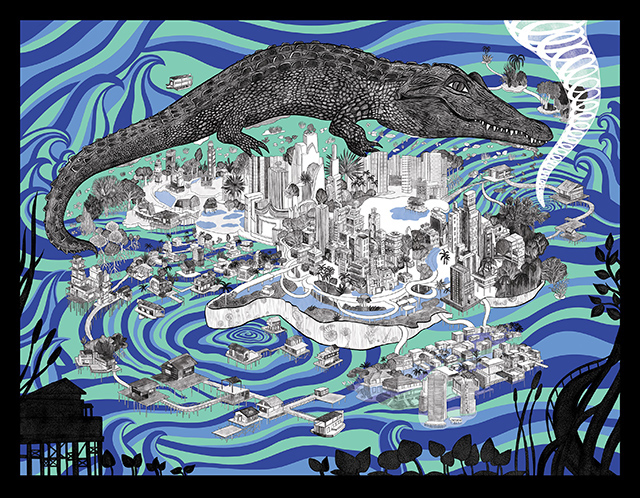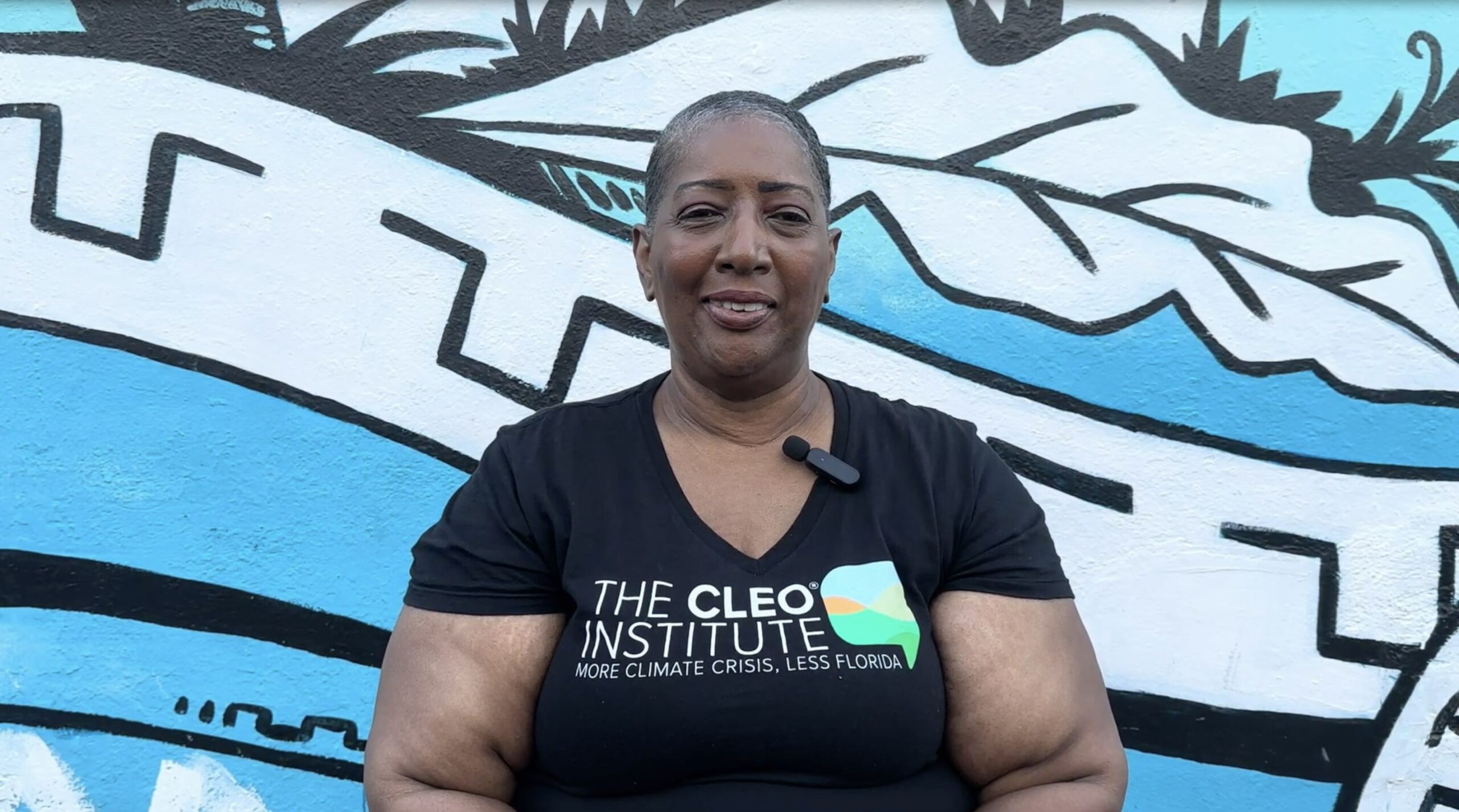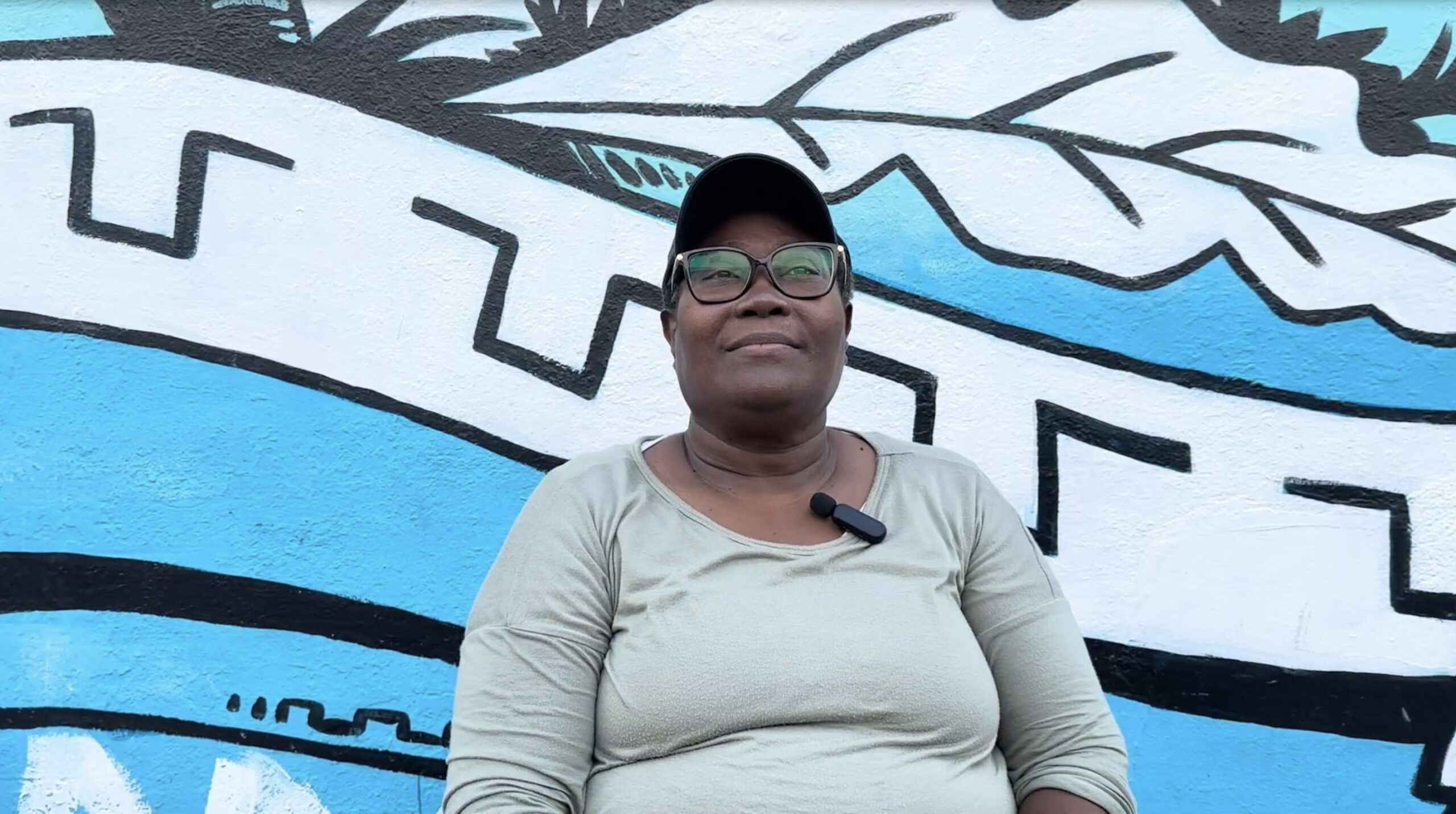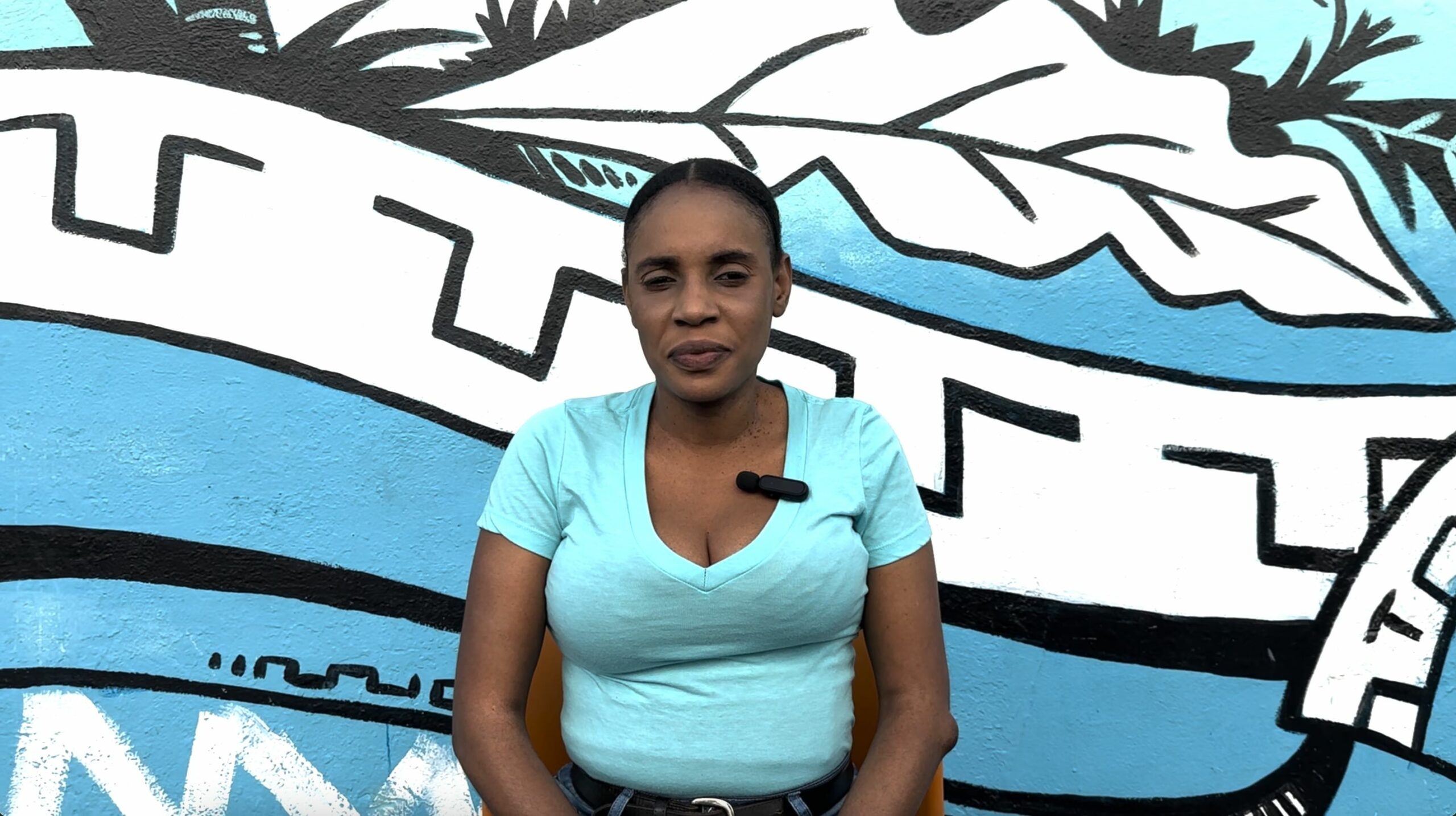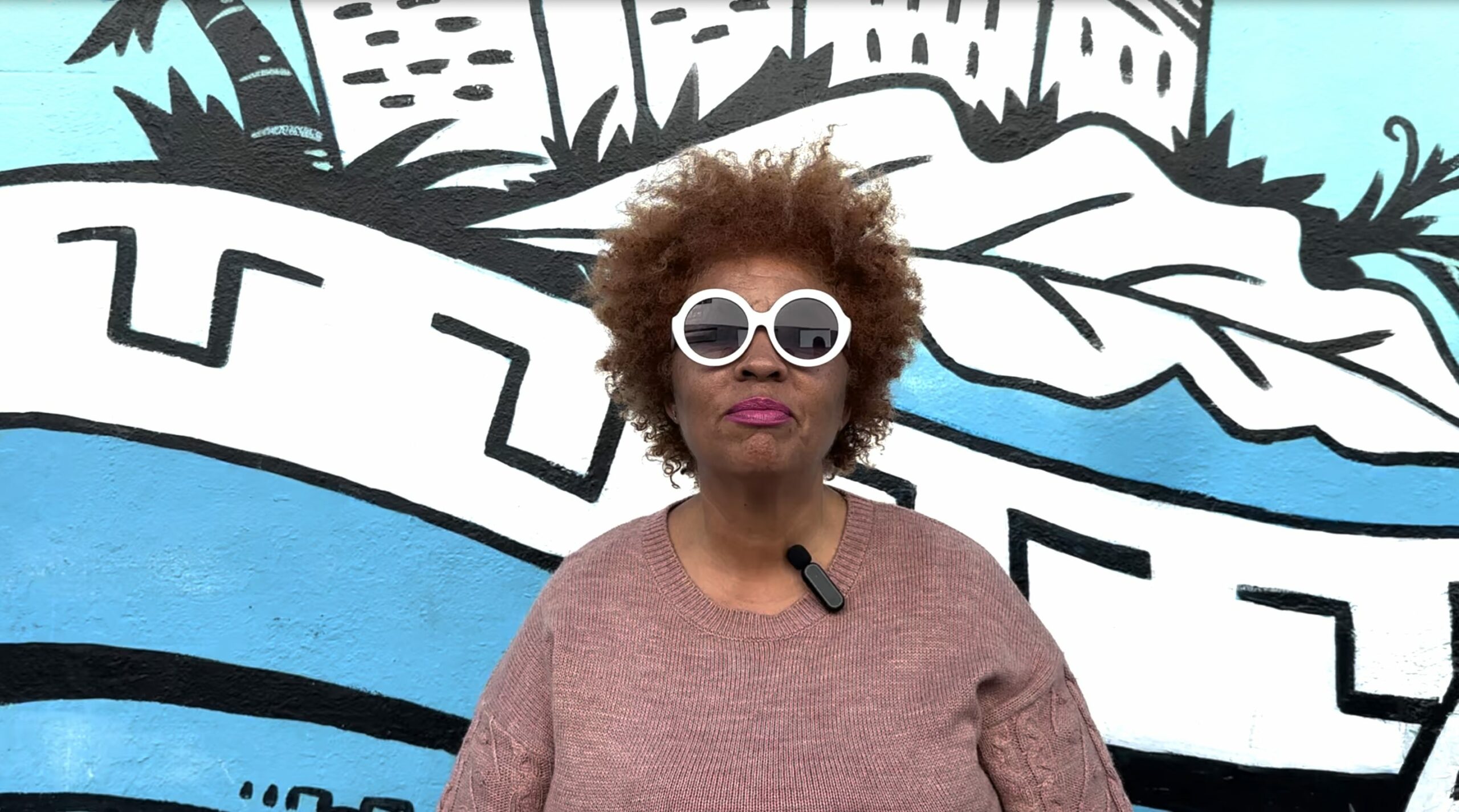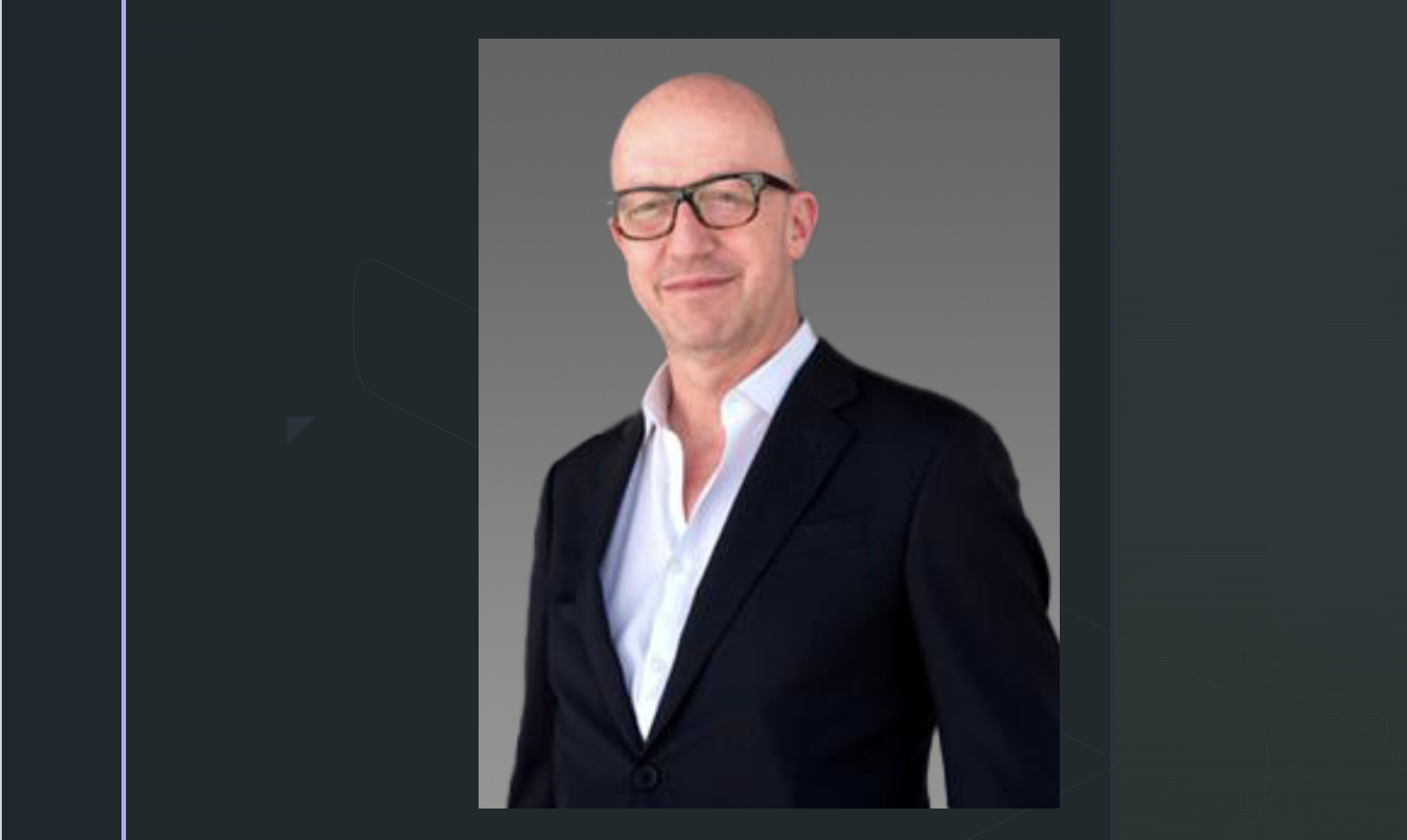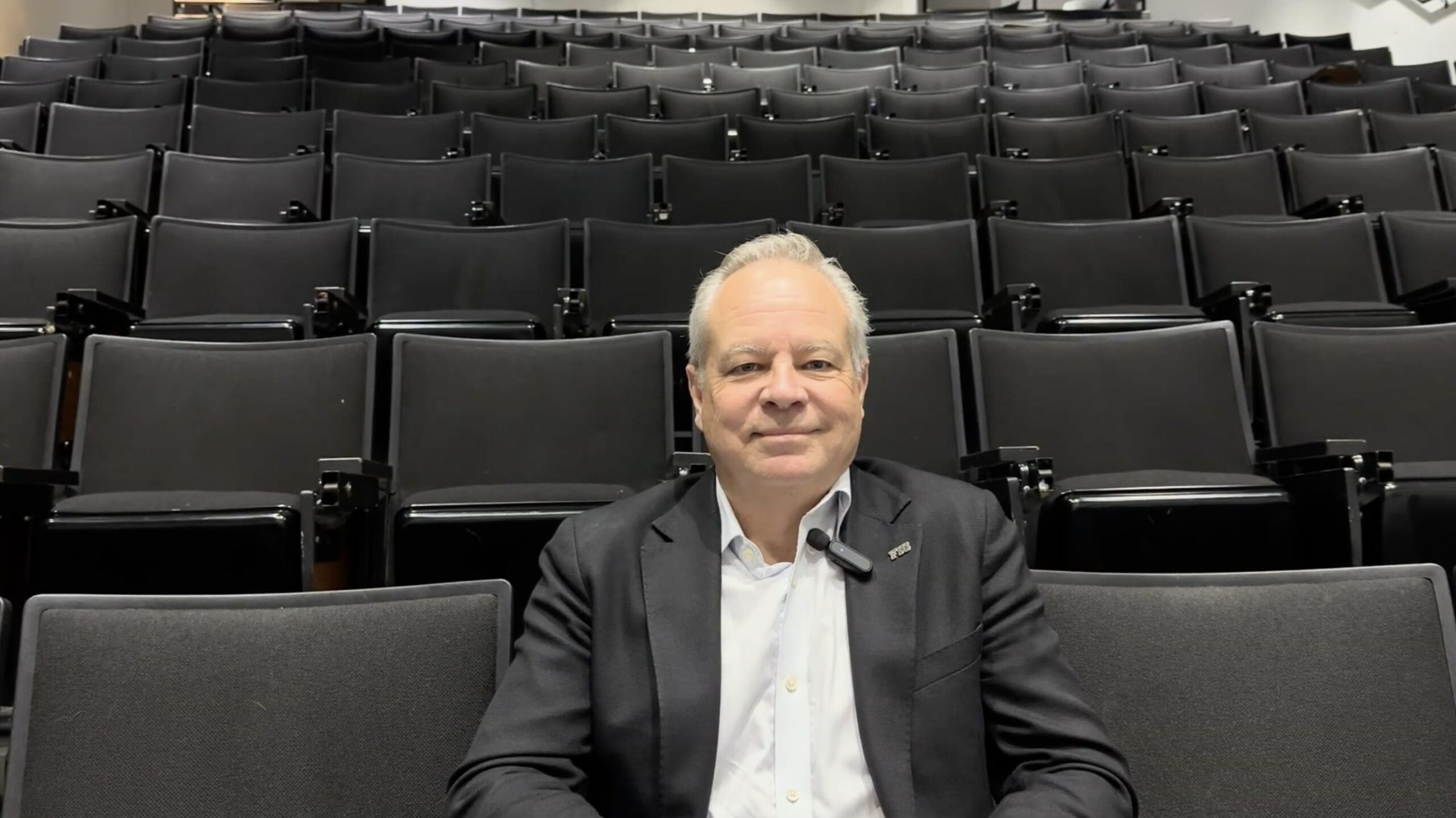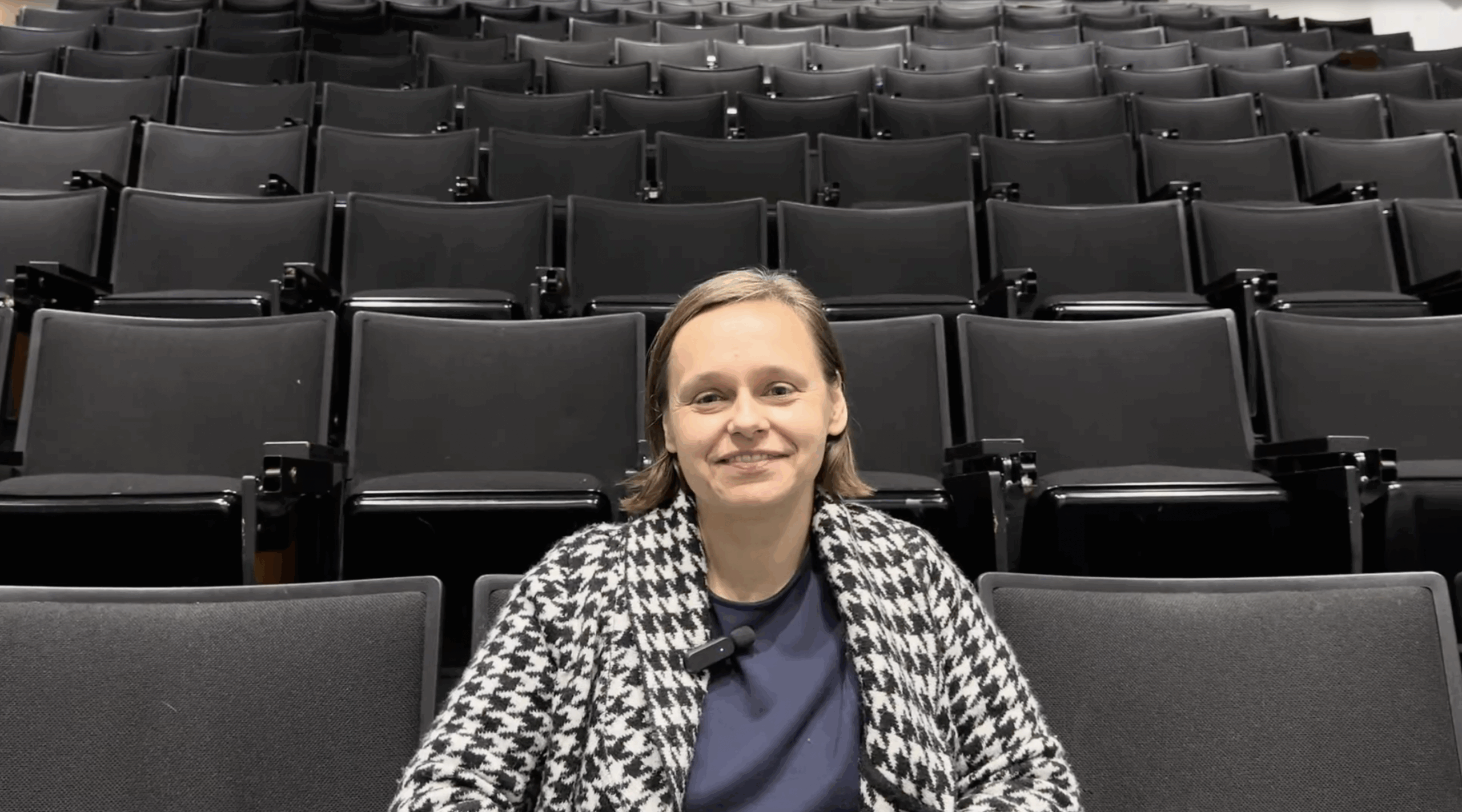
Katarzyna, also known as Kate Balug, is an assistant professor of architecture at Florida International University. In this interview, she shares her thoughts on sea level rise and the climate crisis, which she approaches through a unique lens: that of imagination. She believes that the global climate crisis is partly a crisis of imagination, because although it is omnipresent, it remains difficult to grasp in concrete terms. Kate emphasises that, in the face of this global problem, it is crucial to think beyond immediate solutions and engage with alternative scenarios.
’Climate change is everywhere and nowhere at the same time. That’s why I’m fascinated by the use of science fiction, which allows us to play with alternative scenarios,’ she explains. Indeed, she believes that utopian thinking and the creation of possible futures are essential tools for navigating this uncertain context. She refers to the idea of ‘crazy’ scenarios which, far from being mere futuristic projections, allow us to rethink our current actions and the directions we should take.
Utopia as a tool for reflection
For Kate, utopian thinking is not just an escape from reality. She sees it as an essential epistemological tool, allowing us to free ourselves from current constraints and imagine a future unencumbered by the obstacles of the present. « If we think about a future 100 or 200 years from now, we don’t have to worry about today’s obstacles. We can imagine boldly and ambitiously, then work backwards to find the steps to get there, » she notes. It is a process of exploration that allows us to consider other worlds and challenge current paradigms, without limiting ourselves to what seems possible today.
Space exploration and its lessons for Earth
Kate is also interested in how space exploration can teach us lessons about life on Earth. She believes that thinking about space missions, particularly those to Mars, encourages us to consider completely new systems of resource management and human relations. ‘If we need to have nine-month missions to reach Mars, that requires a technological revolution in the way we think about resources as closed loops and recycled,’ she explains.
Beyond technology, she also draws parallels with deeper social issues, particularly how a society might form in an environment as extreme and isolated as space. ‘How do we think about society if we send four astronauts to Mars? What kind of personalities will they need to have to work together without destroying each other?’ This reflection leads her to discuss the place of philosophy in space exploration, suggesting that it would be essential to send not only scientists, but also philosophers, to help think about the big questions of society and governance, even in the context of space.
History, a fertile ground for hope
For Kate, history is not just a narrative of the past, but also a fertile ground for hope. She encourages her students to explore history by focusing on those who, often invisible in the dominant narratives, have played an essential role in the evolution of ideas and technologies. » Whenever there is a dominant historical event, you have to look at those who are outside the pages of that history book. That’s where the real hope lies, » she explains.
She illustrates her point by recounting the story of the first female computer programmers, women who, although little known and underestimated, laid the foundations for today’s computer technologies. This story, long ignored, has recently been rediscovered and widely recognised. ‘These are stories that deserve to be told, and that’s where hope comes from.’ For Kate, marginalised stories remind us that, despite the challenges, unexplored paths exist and can offer new solutions.
An education in critical thinking and imagination
As a teacher, Kate finds inspiration in her students’ curiosity and open-mindedness. She encourages them to think critically and imagine alternatives before reality forces them to settle for what seems possible. ‘I love teaching undergraduates because they are still at that stage where their view of the world is open. They are at a crossroads and still have the opportunity to change things,’ she concludes.
For her, it is essential to cultivate this critical thinking and openness to the imagination, because that is how innovative ideas are born that can one day transform our world.
Testimonies from the same panel
